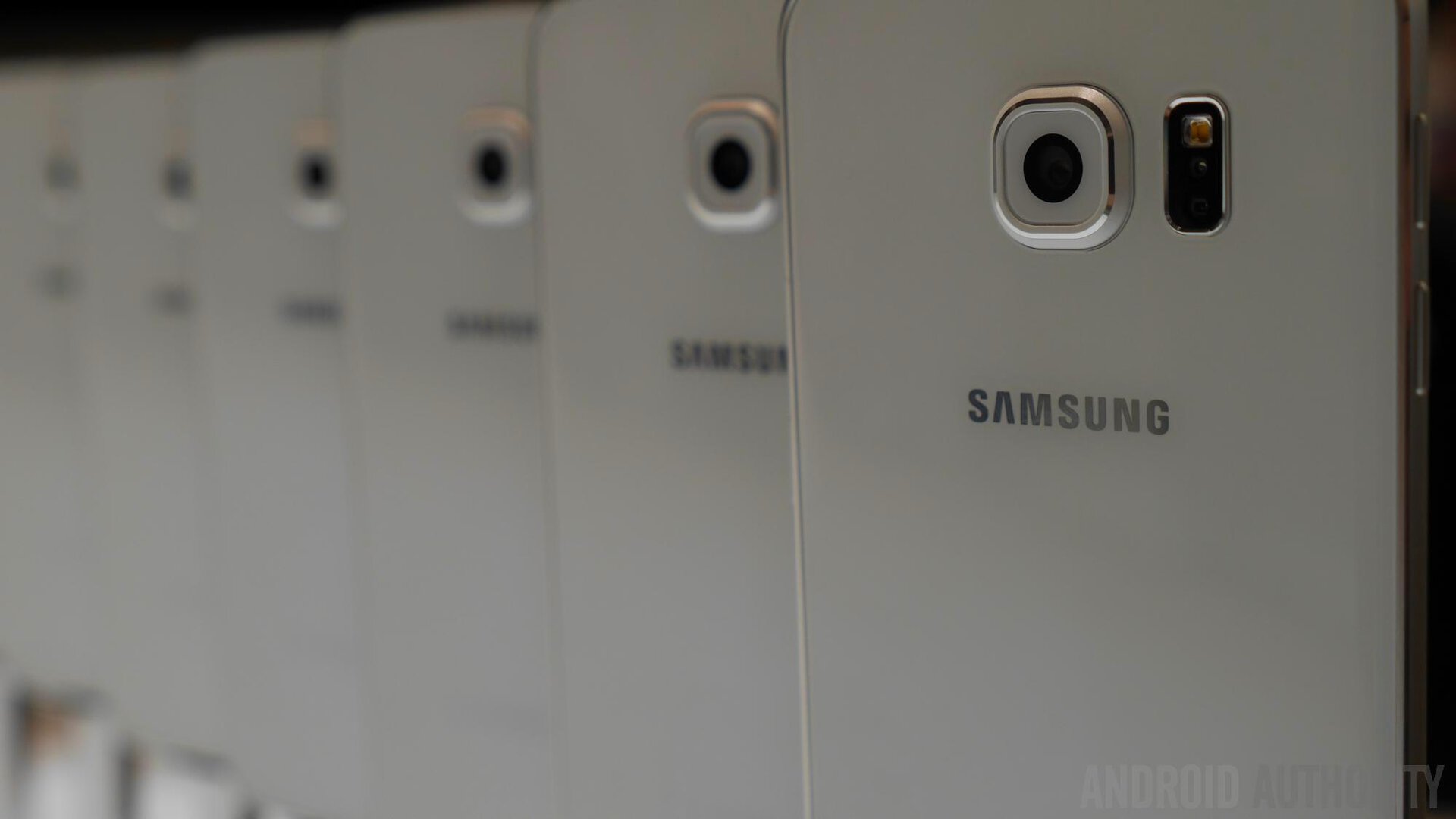Affiliate links on Android Authority may earn us a commission. Learn more.
Samsung and UT Austin developing centimeter-accurate GPS system for smartphones

A group of researchers at the Cockrell School of Engineering at The University of Texas at Austin have created a centimeter-accurate GPS-based positioning system that could one day provide the geolocation of virtual reality headsets, smartphones and other mobile devices. The group, which is funded by Samsung, is working to build these sensors into snap-on phone accessories that will one day make their way to consumers.
Centimeter-accurate positioning systems are nothing new; they’re already used in geology, surveying and mapping, but these systems are too large and too costly to fit into smartphones. So, the researchers found a way to combine GPS information with the antennas found in mobile devices, making this idea possible. Along with the ability to track accuracy down to the centimeter, the system will be able to provide orientation information to less than one degree of measurement accuracy.
The researchers say this precise level of accuracy could enhance virtual reality environments based on real-world settings, as well as improve visualization and 3-D mapping in other applications. Todd Humphreys, head of the research group, explains:
Imagine games where, rather than sit in front of a monitor and play, you are in your backyard actually running around with other players. To be able to do this type of outdoor, multiplayer virtual reality game, you need highly accurate position and orientation that is tied to a global reference frame.
One thing to note is that since this technology is dependent on GPS, the only way the system will be able to work is if the object being tracked is outdoors. Still, Humphreys and his research team, along with Samsung, are working to create a snap-on accessory that will be able to tell smartphones, tablets, and VR headsets their precise position and orientation. Whether we’ll first see the accessory come to us in the form of a phone case or new Gear VR headset is still up for interpretation, but the new tech is coming eventually, and it will likely improve the way we track our mobile devices.